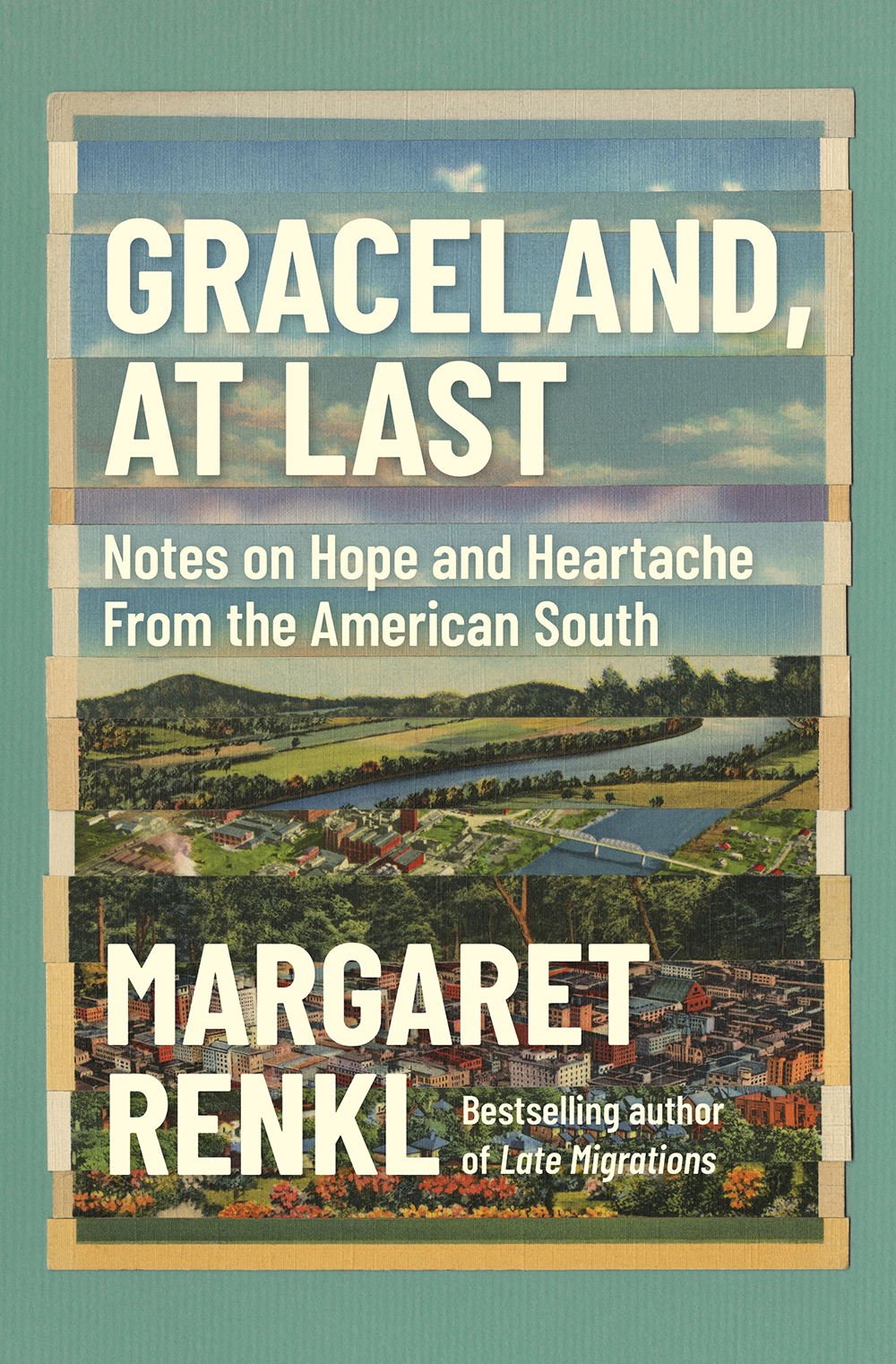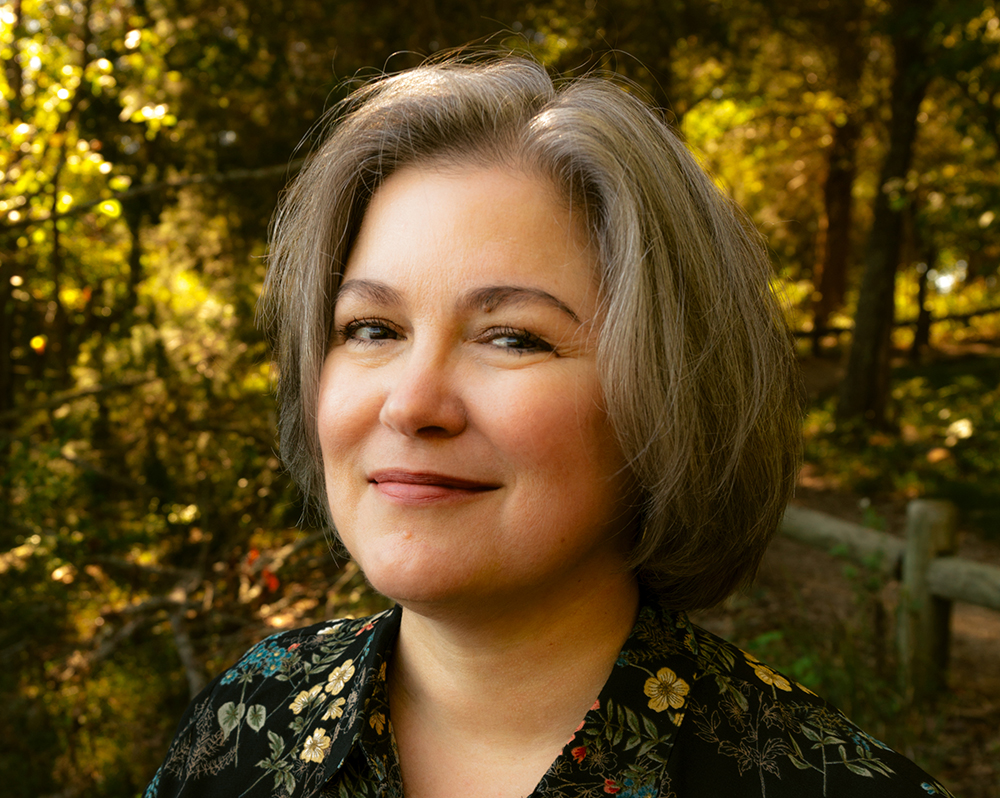If the last weeks of the year are good for anything, it makes for a fine time to catch up on reading. One of my favorite recent reads is the newest collection, Graceland, At Last (Milkweed Editions), by Nashville-based author Margaret Renkl.
Drawn from Renkl’s op-ed column in The New York Times, the essays in the collection explore the politics and religion, ecology and environment, and art and culture of the South.
One feels that Renkl understands the South, or, perhaps paradoxically, she knows that the South defies explanation. “I’m not the voice of the South, and no one else is, either, because in truth there’s no such thing as ‘the South,’” she writes. “The persistent and pervasive notion of this place as a homogeneous region, a conservative voting bloc, is as much a product of the American media’s imagination as any episode of The Dukes of Hazzard.”
I had the chance to speak with her about family, America’s obsession with lawns, and the time she finally made it to Graceland (at last). — Jesse Davis

Memphis Flyer: In the acknowledgements of Graceland, At Last, you write about censorship of the student magazine and how that event prompted you to leave the South, if only for a time. What makes that feel like a familiar story?
Margaret Renkl: I wouldn’t want to speak for other writers, but for me the answer has something to do with simply getting older, I think. As a very young woman, I thought leaving the South would mean leaving behind everything the South so often gets wrong. What I learned in my brief time away is that every place gets crucial things very wrong — racism, for instance, is not a uniquely Southern trait — and that leaving home wasn’t going to mean finding Shangri-La. More to the point, it’s possible to love what we get right here without forgiving what we get wrong. Maybe I realized I’d rather work toward a better South than be an expatriate forever. Or maybe I was just homesick.
Can you talk a little bit about the title for the collection?
I wanted those words to convey a subtle sense of movement, even progress. In the South we are moving — slowly and not at all directly — toward the goodness I truly believe we are capable of.
To me, the “New” in “New South” really means “Newly Visible.” The South is incredibly diverse, but that diversity hasn’t always been reflected in the “moonshine and magnolias” aspects of the region’s art, literature, and reporting.
I think it’s worth making a distinction between the way the South is represented nationally and the way it’s represented here at home. I also think it’s worth noting, with any show or story or song, who the target audience is.
As a rule, mainstream productions — those aimed at an audience untroubled by stereotypes, even invested in stereotypes — rely on one of two Southern tropes: the rural idyll of church potlucks and cool green swimming holes, or the open racism and outright brutality of the Jim Crow era.
Such representations, of course, aren’t entirely fictional.
But the South, as you point out, is also more urban, more culturally and ethnically diverse, more artistically innovative than such stereotypes allow. And there are far more homegrown novelists and journalists and songwriters and poets and playwrights who are working to highlight that diversity and who are adding to that innovation than I could possibly enumerate in this space, or even in a weekly column.
Would you talk a little bit about your use of your family members’ wedding rings as “talismans against fear” on your book tour? That was such a moving piece.
It’s easy for me to forget that much of what I experience as stress is something my ancestors — who survived wars and droughts and floods and fires and every imaginable kind of medical crisis — would have found almost laughable. Wearing their wedding rings reminds me to set my own worries into a bigger context.
